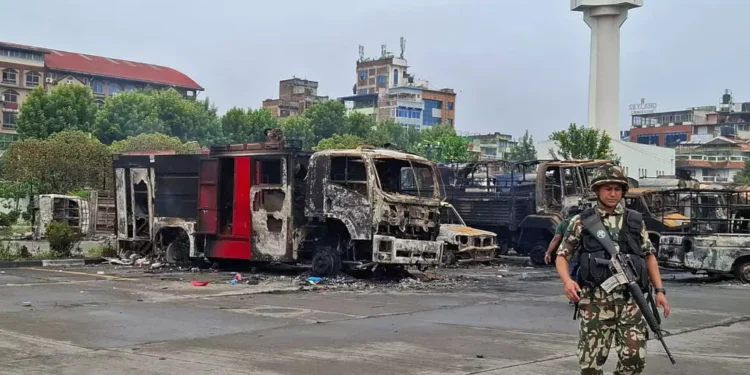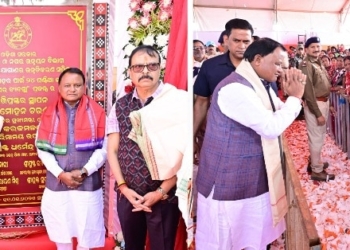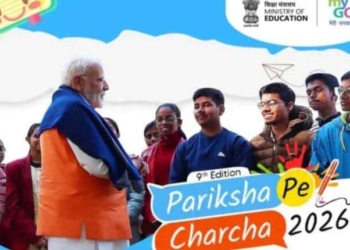After days of violent anti-corruption protests, Nepal’s capital is slowly returning to normalcy. Curfew restrictions were eased on Saturday as Sushila Karki was sworn in as the country’s interim prime minister, tasked with restoring order and addressing deep-rooted corruption.
Soldiers, who had earlier flooded Kathmandu’s streets, scaled back their presence. Markets reopened, traffic resumed, and families returned to temples, signaling a cautious return to daily life.
The unrest toppled the government, set parliament ablaze, and killed at least 51 people — the worst violence Nepal has seen since the end of its civil war and monarchy in 2008. On Friday evening, 73-year-old former chief justice Sushila Karki took the oath as interim leader. General elections are scheduled for March 5, 2026.
“Nepal has got its first woman prime minister,” AFP quoted social worker Suraj Bhattarai, 51. “We hope the prime minister, our former chief justice, will address Nepal’s fight against corruption and promote good governance.”
Karki’s appointment, negotiated by Army Chief General Ashok Raj Sigdel and President Ram Chandra Paudel in consultation with Gen-Z protest leaders, appears to enjoy broad public support. Young activists used the app Discord to advocate for her selection.
“The interim government decision is good for now,” said Durga Magar, 23, who works in a Kathmandu shop. “The main issue for the people, especially young people, is corruption. Whoever tackles it — Gen-Z or older leaders — it just needs to stop.”
Prime Minister Narendra Modi also extended his best wishes, stating that India remains “firmly committed to the peace, progress, and prosperity of the people of Nepal.”
Despite the return of calm, significant challenges remain. Over 12,500 prisoners who escaped during the chaos are still at large, while uprooting entrenched corruption will test the interim government’s credibility.
For many Nepalis, Karki’s rise represents a break from the old guard. Former PM KP Sharma Oli, who resigned on Tuesday, had served four terms. Kathmandu businessman Shikhar Bajracharya, 32, said, “They were playing a game of musical chairs. There was no possibility for younger people to come into power.”





























